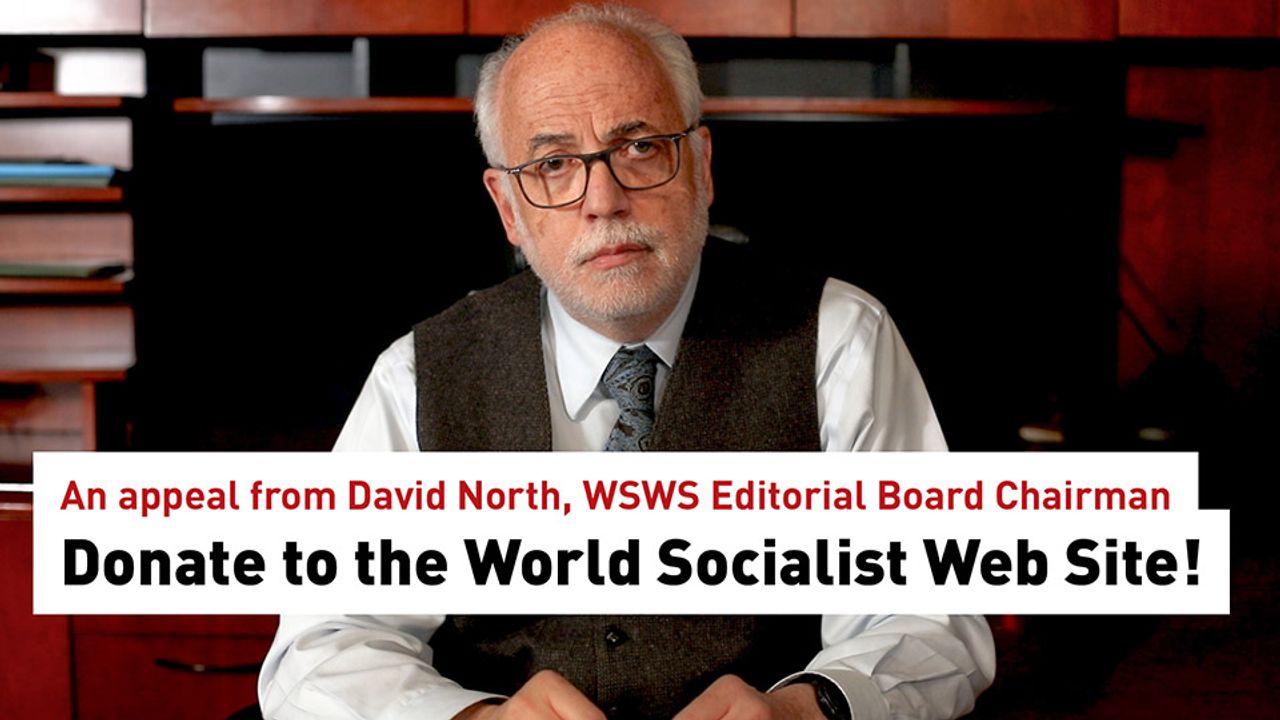Keith Jones
A Vancouver-based Canadian judge has granted Huawei’s Chief Financial Officer bail pending adjudication of Washington’s demand that she be extradited to the US to face trumped up charges of “sanctions busting.” However, the bail conditions the court has imposed on Meng Wanzhou are onerous.
Meng must wear a GPS ankle bracelet at all times, limit her movements to the Greater Vancouver area, and pay for her own round-the-clock surveillance by a security firm charged with making sure she adheres to all her bail conditions.
British Columbia Supreme Court Justice William Ehrcke also ruled that Meng must hand over $7 million in cash as surety and that a further $3 million, from Vancouver residents ready to vouch for her, must be provided as collateral.
The Canadian government had argued that Meng should be held in jail pending the outcome of her extradition hearing, a process that could take months, on the grounds that she constitutes a “flight risk.”
The daughter of Huawei founder and current CEO Ren Zhengfei, Meng was seized in Vancouver on December 1, while transferring planes during a trip that was to take her to Mexico from Hong Kong.
Her arrest was a calculated provocation—aimed both specifically at Huawei, a global leader in 5G telecommunications technology, and at China, which Washington and Wall Street have come to view as US imperialism’s most important strategic competitor.
Canadian authorities seized Meng at almost exactly the same time US President Donald Trump and Chinese President Xi Jinping were agreeing to a 90-day “truce” in the US-China tariff war, at a meeting on the sidelines of the G20 summit in Argentina.
Both US and Canadian officials—including Prime Minister Trudeau who has acknowledged he was informed of Meng’s arrest several days in advance—have tried to maintain that it has nothing to do with Washington’s ever more aggressive economic, diplomatic and military-strategic offensive against China.
But outside North America it is almost universally recognized for what it is: a gross abuse of power and a politically-motivated and manipulated prosecution or, to put it more bluntly, a kidnapping in support of a frame-up.
Meng is accused of violating Washington’s punishing economic sanctions against Iran in 2013, by misrepresenting the relationship between Huawei and a second company, Skycom, that the US Justice Department claims exported US-made goods to Iran. She is under indictment in the US for two charges, each carrying a possible prison term of 30 years.
Meng’s arrest comes as the US seeks to prevail on its allies, including Canada, to exclude Huawei from their emerging 5G networks. Australia and New Zealand have already taken steps to do so, and Canada and Britain, the other two members of the US National Security Agency (NSA)-led Five Eyes global spying network, are now considering following suit.
The bans are being justified on national security grounds. But in an October letter to Canadian Prime Minister Justin Trudeau urging Canada to exclude Huawei from the country’s 5G network, US Senators Mark Warner and Marco Rubio argued that there are also major commercial reasons to do so.
Yesterday the New York Times reported that the Trump administration is on the verge of announcing a series of new measures against China, many of them targeting its high-tech sector. For both economic and military reasons, the US is determined to thwart China’s drive to move up the value-chain by developing global leadership in telecommunications, artificial intelligence, and other high-tech sectors—a key goal of Beijing’s “Made in China 2025” strategy.
Chinese officials have vigorously denounced Meng’s arrest. Over the weekend the Chinese Foreign Ministry demanded Meng’s immediate release, in separate meetings with the Canadian and US ambassadors to Beijing.
While strongly-worded, China’s protests have been calibrated, in the hopes that a complete breakdown in trade negotiations with the US can be avoided.
Yesterday, the Chinese embassy in Ottawa issued a statement charging that Meng’s arrest and impending extradition is a “political conspiracy” between Ottawa and Washington. “This is not an ordinary judicial case, but a political conspiracy,” “a political persecution” of “a Chinese enterprise and Chinese citizen.”
The statement termed the Canadian government’s claim “there was no political involvement or interference in detaining” Huawei’s CFO “a political posture.”
Questioned by the Globe and Mail about the Chinese charges, Kelly Craft, the US ambassador to Canada and wife of coal-mining billionaire Joe Craft, termed them “absolutely false.” Craft then went on to charge that China is a growing economic and military threat to the world. According to the Globe, her tirade included denunciations of both Huawei and of China’s One Belt One Road (OBOR) Eurasian infrastructure-building scheme.
Also yesterday, Ottawa reported that China has detained a former Canadian diplomat who now works for the International Crisis Group, Michael Kovrig. While the government has provided few details, apart from saying it is “sparing no effort” to make sure Kovrig is safe and properly treated, Canada’s media was quick to allege that this is a case of Chinese retaliation.
Since Meng’s arrest, there has been a spate of editorials and op-eds in the country’s leading papers supporting the US push for Huawei to be excluded from the country’s 5G network and calling for further action to surveille and restrict Chinese investment.
On Monday, the Globe and Mail, the traditional voice of the Bay Street financial elite, published an editorial seconding former Conservative Prime Minister Stephen Harper’s call for Canada to bar Huawei equipment from next generation wireless networks. “Canada,” added the Globe, “should not give China the freedom to invest in Canada it has long sought.”

No comments:
Post a Comment